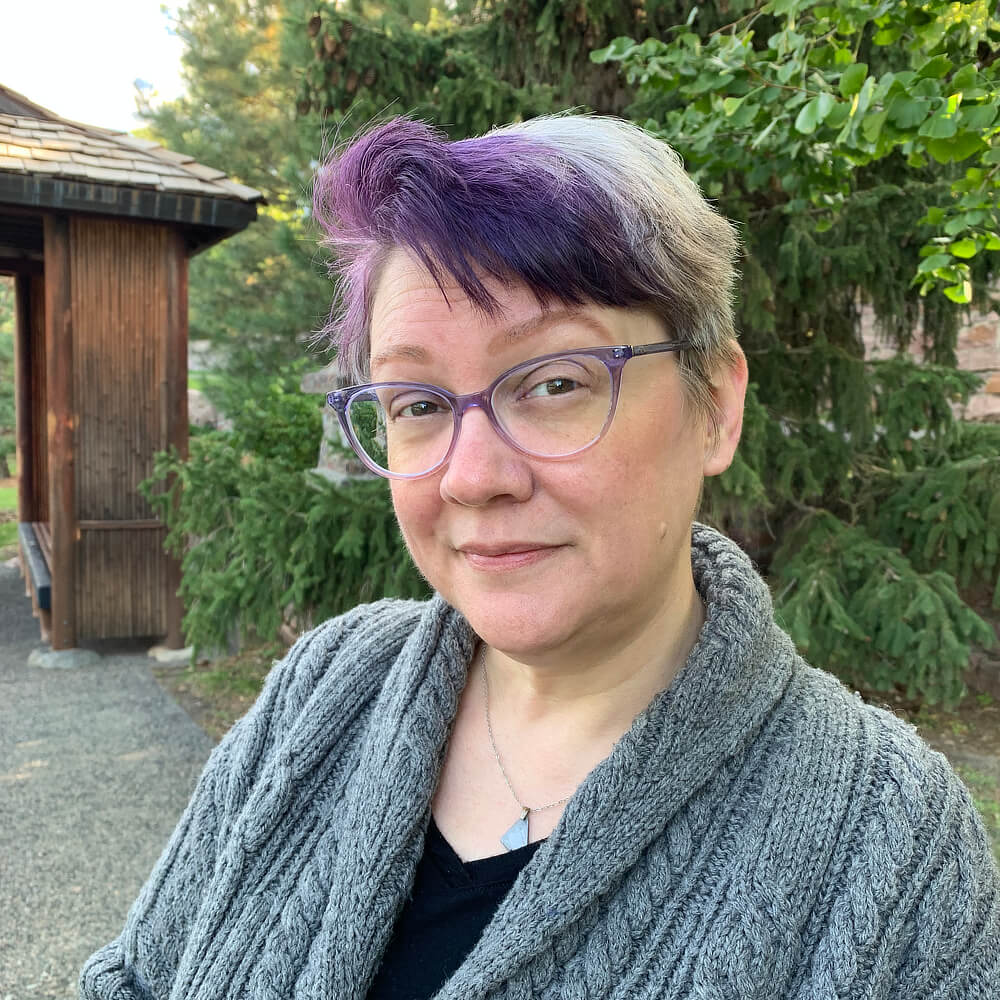Volunteer Parole Officers
They are the tens of thousands of volunteers that comprise the backbone of Japan's parole system. The idea behind the position is that if someone is seen to care about the well being of a newly released prisoner, they'll be moved to improve their lives and less likely to return to prison. Unlike parole officers in the US, they are seen as "supporting neighbors"1 instead of monitors. The few official (paid) parole officers train the volunteers and help make arrangements.
How Does the System Work?
The parolee must show remorse for their crimes and must be willing to start over in order to be considered for the program. The requirements are simple—to be respected in the community and be financially stable. Each volunteer's caseload is light and on average only 1-2 parolees. VPOs help their charges by meeting with them often in their homes for a meal, helping them find jobs and places to live, listening to and encouraging them, recognizing their efforts (as returning to society can be challenging), reconnecting them with their families, and being available to help when needed (even nights and holidays). Volunteers are reimbursed for expenses involving their duties.Volunteers
Most VPOs are men over the age of 50. They come from a variety of backgrounds from fishermen to teachers to retirees. Volunteers can be appointed until they reach the age of 76.The Situation In Nonogawa
Nonogawa is too small a town to have a half-way house. And despite there being unoccupied houses due to migration to larger cities, rental openings are rare. So, VPOs may take in their parolees. The crime rate here had been exceptionally low until neighboring towns started to see an increase in gang related activities, which spilled over into Nonogawa. The townsfolk are wary of anyone who's been involved in a crime, which makes a VPOs job difficult—particularly in finding a job for the parolee.Work in Progress
This article will be expanded in the future.
Stub
This article will be expanded in the future.
Definition
This article stub serves as a simple definition.
TEAM SECRETS AVAILABLE
Will you join:
Team Umeji Team Nakamura Team Soujoubou (Book 2) or all three?
When you choose the team with the secret - it will appear.






















Two adorable penguin mascots?! I love it. This is such a good idea. I can see why this programme would have some success.
Explore Etrea
Thank you! Countries that have this type of program do tend to see successes.